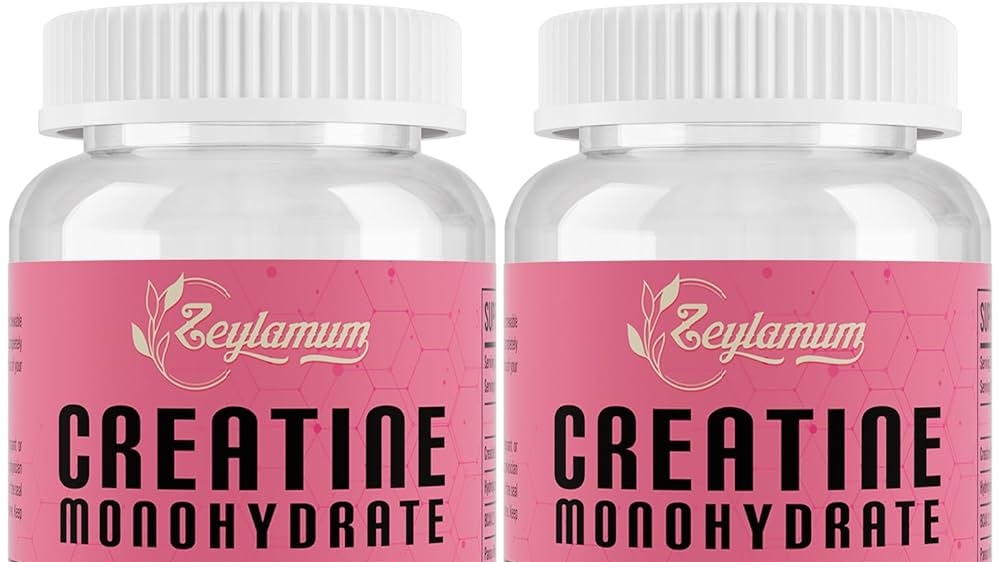Creatine Monohydrate: An Underrated Supplement for Women’s Health and Fitness

For decades, creatine monohydrate has been hailed as a game-changer in the realm of sports nutrition. Yet, its potential extends beyond the athletic sphere, especially for women, a demographic often overlooked when discussing this power-packed supplement.
Recognized by the International Society of Sports Nutrition (ISSN) for its efficacy, creatine enhances exercise capacity and lean body mass, providing a significant edge to athletes and fitness enthusiasts.
The Underrated Powerhouse for Women’s Fitness
Women, who naturally harbour lower creatine stores than men, stand to experience double performance improvements when supplementing with creatine. This natural compound that the body produces less than 1g daily can be bolstered through supplementation, supporting the body’s energy systems during intense activity.
Research indicates that creatine supplementation can lead to a 15% increase in exercise performance in women, enhance muscle growth by escalating IGF-1 hormone levels, and improve recovery times.
Creatine: Beyond Physical Performance
Creatine’s benefits aren’t confined to the gym. It’s also been found to reduce mental fatigue and assist with depressive disorders, providing holistic health benefits.
For women navigating the menopausal transition, creatine combined with resistance training can counteract muscle and bone loss, a common concern during this phase. Even during pregnancy, postpartum, and PMS, creatine can offer health benefits, making it a versatile supplement.
Addressing the Misconceptions
Despite its potential, misconceptions about creatine persist. Fears of weight gain and bloating often deter individuals, especially women, from considering creatine supplementation.
However, these side effects are usually associated with incorrect dosing rather than the supplement itself. Starting with a low dose and considering buffered forms of creatine can mitigate digestive discomfort.
To maximize creatine’s effectiveness, maintaining robust fluid balance is essential. While creatine does impact hydration, personalized hydration strategies can ensure optimal water intake, supporting creatine’s role in cellular energy metabolism, anaerobic power enhancement, and muscle mass promotion.
